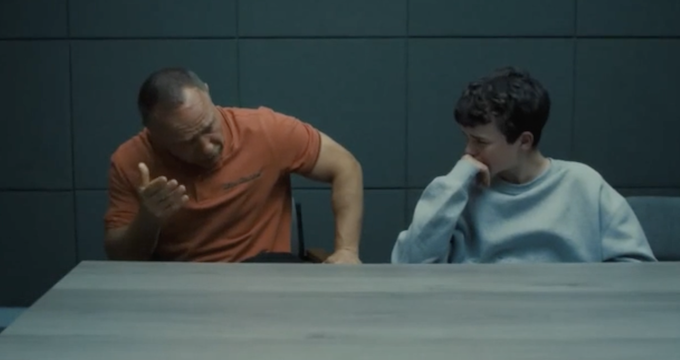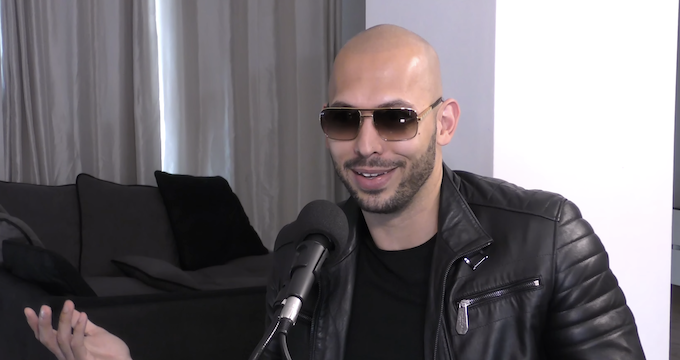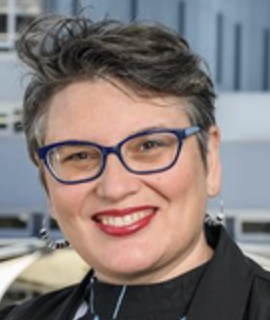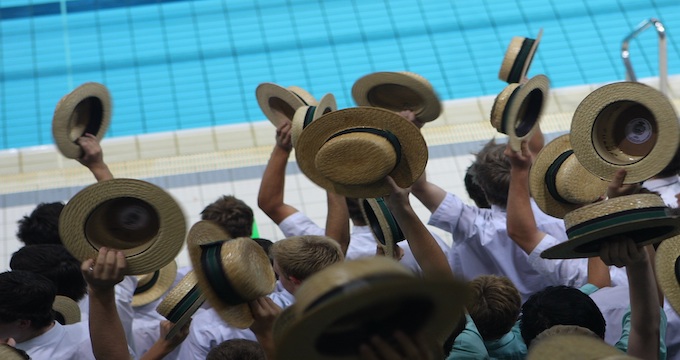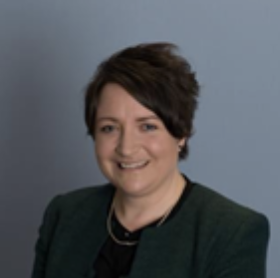We are part of a broader research team* investigating how online worlds are shaping Australian schooling. It’s a timely issue floodlit by the Netflix drama Adolescence. In 2024, our study contributed to a flood of reportage and academic research concerning a rise in sexist and misogynistic encounters in Australian schools, and the broader social need for a coherent strategy around gender based violence (GBV) that challenges the power structures and rigid binary norms that underpin it.
Universities are spaces where this work is both needed and occurs.
What universities should do
As social institutions and major providers of education, universities can and should play a role in promoting long-term social and cultural change through supporting diversity and justice oriented research and teaching. Indeed, universities are not only where specialists like teachers, lawyers, journalists, and health professionals are prepared to work in society, but where GBV itself is occurring to the extent that the Federal Government recently released its Action Plan Addressing Gender-based Violence in Higher Education. This is a welcome development but does not mean that education around gender justice has been mainstreamed. Nor has it manifested in greater institutional support for academics who teach this complex terrain. In fact, our research indicates that academics teaching diversity-related content are experiencing a sharp rise in GBV and ‘anti-woke’ backlash.
The second phase of our research into digital worlds and their impacts on Australian classrooms turns to the university sector. It includes surveys and interviews with tertiary educators from across Australia. We ask if they have witnessed or experienced a rise in anti-social language or behaviours amongst tertiary students. Thus far, we have received 59 surveys and undertaken nine in-depth interviews, each approximately two hours long. While a modest sample, our data mirrors patterns playing out in schools and society more broadly.
Diversity related content ‘woke’ and ‘politically extreme’
Most phase two respondents are women or culturally minoritised academics from across disciplines (i.e., education, politics, journalism, business, human resource development, health, and humanities). They teach diversity content relating to racial and gender justice, LGBTQIA+ rights, multiculturalism, First Nations sovereignty, and religious inclusion. As a dispersed teaching body, these academics share stories of the emotional burdens of this work. They describe this as having grown harder recently, and often having deleterious impacts on student evaluations of teaching which affect academics’ health and career progression.
As a casual academic in education explained:
“Over the past three years behaviour has grown progressively worse from largely Anglo Australian cohorts of … young men. They watch sporting matches and do online betting during class … They do not like strong female tutors who talk about Aboriginal education or inclusion. [They] hide these sentiments until anonymous feedback is due. Then they write about the tutor being ‘dangerous’ and opinionated and say that politics shouldn’t be part of education.”
Academics across disciplines note diversity content is increasingly being framed by some students (and staff) as woke or politically extreme. The consequence for those who teach this content is a rise in feelings of precarity, anxiety, and frustration:
“I have stopped challenging students for fear of the feedback as I am on probation. I can’t do a good job ethically and morally. I don’t want to teach any more.”
Student evaluations are a real problem in this context. They have always been problematic. But with an ever more polarised discourse and the necessity to take firmer stands in class which make you inevitably unpopular with some students it is now completely unacceptable for universities to continue using these tools to evaluate performance.
LGBTQIA+ and Gender Equity Backlash
Australian academics also speak of a rise in anti-LGBTQIA+ backlash and pushback against gender equity specifically:
“Every year I consider just not teaching anything about gender equality or diversity, to avoid the grief. But on I go …
The anti-LGBTIQA+ backlash from students really shook me … There have been several examples of transphobia, homophobia, and misogyny in my classes especially in recent years, managing these interactions in class is getting increasingly difficult as opinions are becoming more polarised.
Just last week, a student expressed their opinion that it was ok to persecute lesbian and gay people because “they do not have children and contribute nothing to society, just like childless, single straight women” and therefore do not ‘deserve the protection of the law’.”
Lack of institutional and policy support
When asked if they feel supported by their institutions or what, specifically, is being done when challenging encounters arise, most respondents describe feeling insufficiently supported or institutionally gaslit, saying “nothing is ever done. Complaints get swept under the rug.” And “staff who experience bullying, harassment or mistreatment are made to feel they don’t know how to handle the situation.” Academics collectively speak of feeling alone, experiencing anxiety, and exhaustion.
But institutional inaction around GBV or anti-diversity backlash in classrooms links to a broader history of policy failure. This contributes to workplace cultures in which responses to such incidents are often ineffectual, absent, piecemeal, or left to individual teachers to resolve. This happens in schools and in universities. As funding to universities has been reduced, the higher education sector has grown more ‘masculinist’ and ‘business-like’. Courses centring diversity content are less institutionally prized than, for instance, the industry-aligned ‘hard’ sciences. This means academics who teach diversity content may often be working in isolation.
This also comes at a time when the manosphere (online groups unified by anti-feminist, right-wing populism) is shaping gender and racial politics worldwide through circulating extreme beliefs that many Gen Z boys and young men, in particular, are taking to be true. Common manosphere messaging includes the idea that feminism is a conspiracy, immigrants and cultural minorities are threats, social problems such as poverty or insecure housing are the result of women and minority groups advancing at men’s expense, and LGBTQIA+ people and single unmarried women are a threat to the natural order.
Diversity education for a strong social fabric
Universities are some of the last places where informed social critique and engagement across differences is nurtured. These are vital elements of a healthy democracy. Formal education should provide strong intellectual resistance to the polarised beliefs currently being amplified by digital worlds. Simply banning social media is insufficient. Yet, women and minority academics are increasingly carrying this work alone. They report feeling isolated, burnt out, and targeted by students labelling them ‘woke’ or ‘politically extreme’ – dynamics that will undoubtedly intensify with the Trump Administration’s blatant ‘war on woke’. Education is political and backlash against diversity is becoming extreme. Education must be part of the solution. Diversity work including gender justice must be valued as a core curriculum mandate across Australia’s pre-tertiary and tertiary education fields. Our social fabric depends on it.
* Professor Ed Palmer, Dr Eszter Szenes and Dr Daniel Lee all contributed to the research on which this article is based. Research ethics approval #2024-017.

Sam Schulz is an associate professor and sociologist of education at The University of Adelaide. Sarah McDonald is a lecturer at the Centre for Research in Education & Social Inclusion in UniSA Education Futures, University of South Australia.
The header image is from the Netflix series Adolescence




